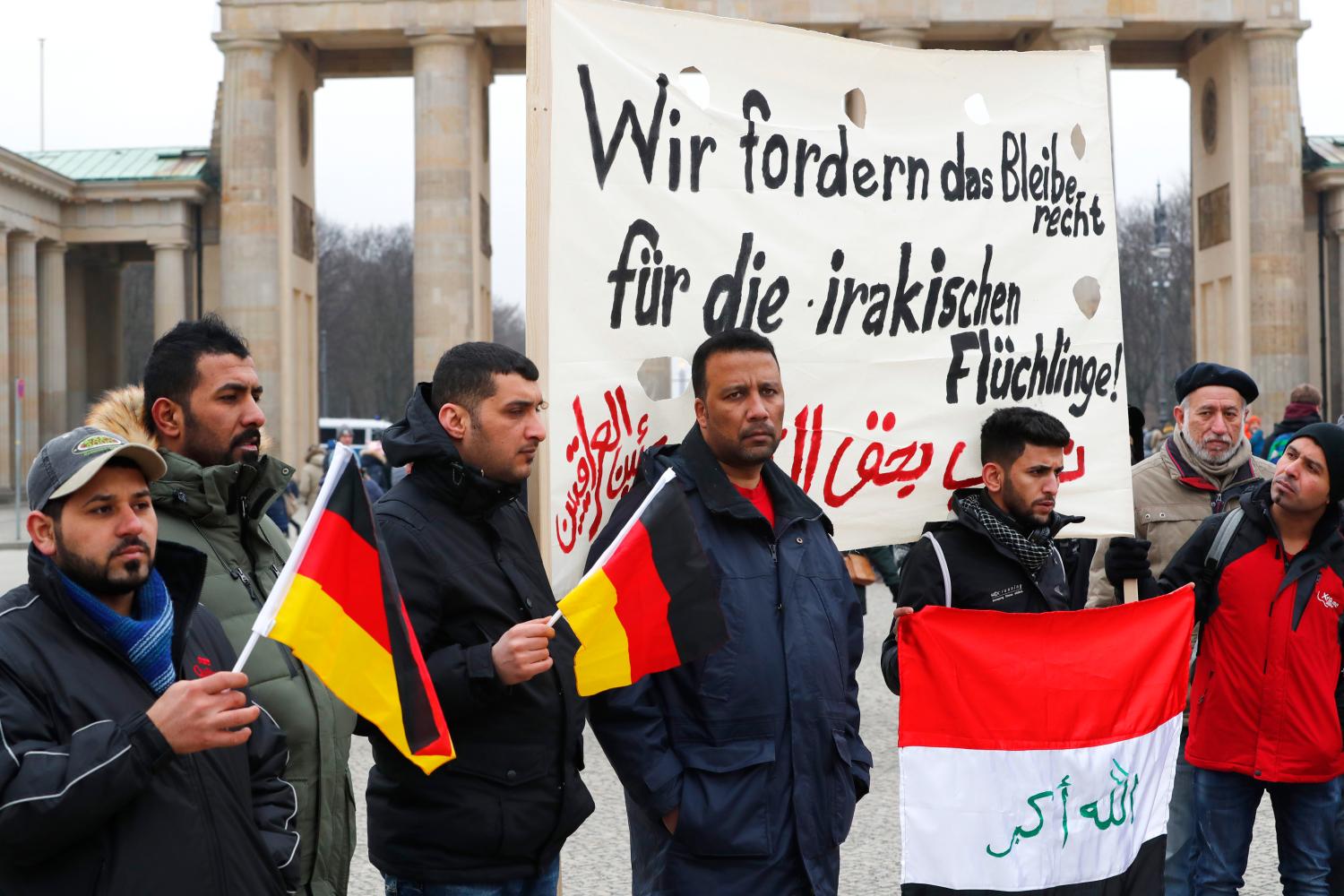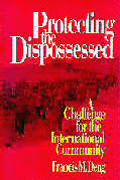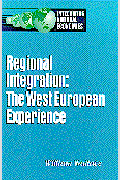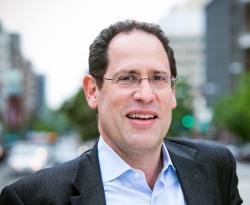At the United Nations General Assembly this past week, national and global leaders gathered to determine the state of the international humanitarian system and the lessons emerging from the mass migration of refugees. In parallel, the Brookings Centennial Scholar Initiative and Foreign Policy Program convened a session on the urban dimensions of refugee integration that featured, among others, Deputy Secretary of State Antony Blinken, President of the International Refugee Committee David Miliband, and former Prime Minister of Portugal and former UN High Commissioner on Refugees, António Guterres.
The Brookings forum probed the reality that refugees don’t just come to nations, they come to specific communities, and disproportionately to cities.
All panelists agreed that the special role played by cities in emergency response and long-term integration requires better financial and policy support from national governments and international organizations. Cities are responsible for designing and delivering (and often financing) services that are critical to the integration process: housing, education, workforce development, health care, language courses, public safety, and extracurricular activities like sports, arts, and cultural events.
Against hard challenges like labor market integration, providing services such as language and job training to new arrivals benefits not only refugees themselves, but also the communities they now call home. As panel moderator and journalist Lara Setrakian put it, refugees soon become residents.
The message of the forum was clear: The European refugee project depends as much on the success or failure of dozens of cities and the actions of tens of thousands of public, private, and civic leaders and ordinary citizens as on the deliberations of national leaders. While the focus of European decision- and opinion-makers has largely been on the immigration policies and perspectives of host countries, as priorities shift to longer-term economic and social integration, there is an equal, pressing need to focus on the role and actions of host cities.
The Brookings Institution is committed to quality, independence, and impact.
We are supported by a diverse array of funders. In line with our values and policies, each Brookings publication represents the sole views of its author(s).








Commentary
After UNGA: The role of cities in refugee integration
September 29, 2016